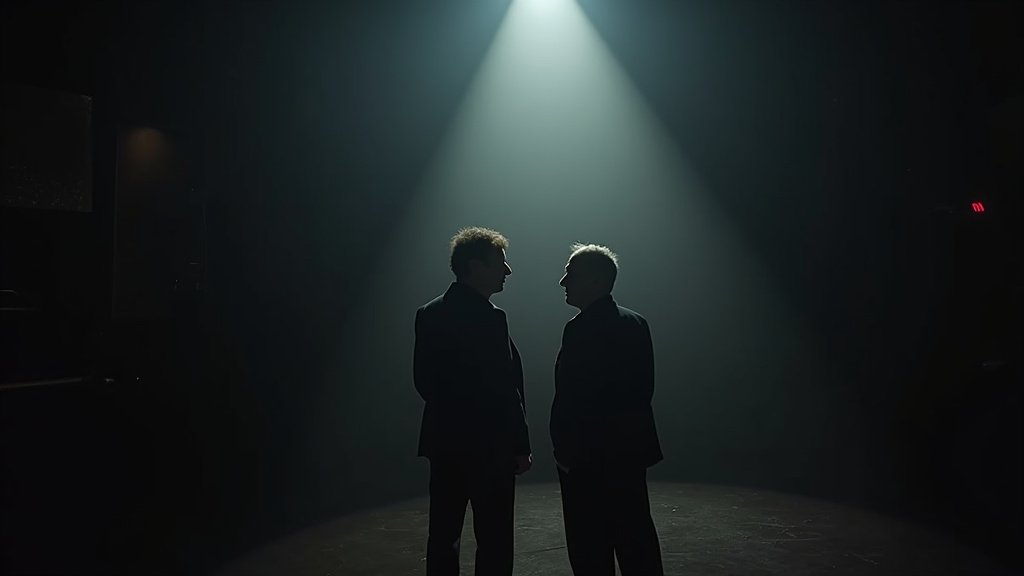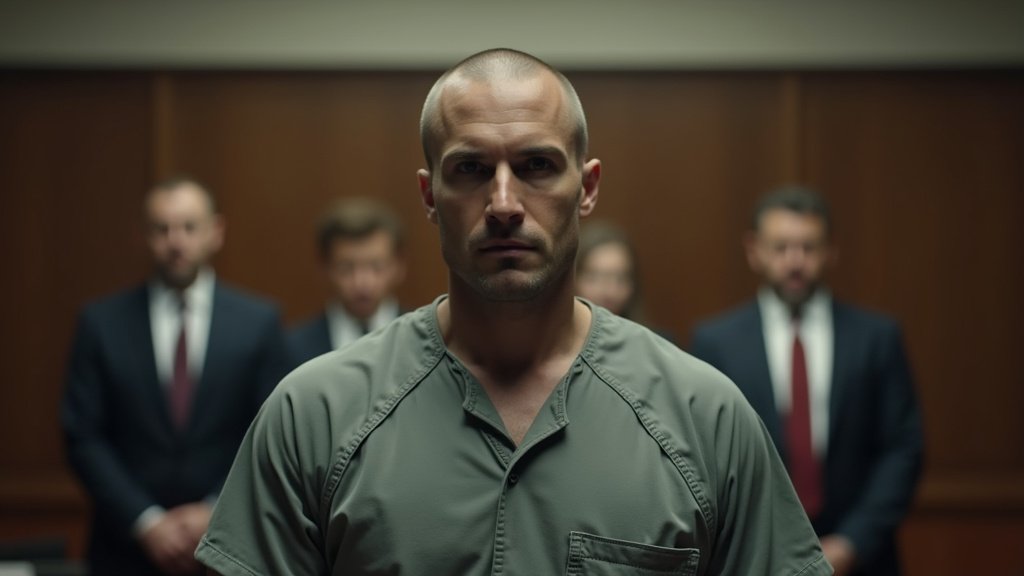Actress Emma Watson, globally recognized for her iconic role as Hermione Granger in the Harry Potter film franchise, has revealed the profound emotional toll of transitioning into the wider Hollywood landscape. In a candid conversation on Jay Shetty’s “On Purpose” podcast, Watson described her post-Potter career experiences as “bone-breakingly painful,” stemming from an expectation of deep, familial bonds that she had cultivated during her twelve years on the magical film sets.
The Uniquely Communal Harry Potter Experience
Watson’s formative years in the entertainment industry were spent on the sets of the Harry Potter saga. For over a decade, from the tender age of eleven to twenty-one, she worked alongside a core group of actors and crew, forging a unique sense of community. This prolonged immersion created an expectation that these close-knit, almost familial relationships would be a common thread throughout her acting career. “It’s so unusual to make a set of films for 12 years, and we were a community. We really were,” Watson explained, reflecting on the unparalleled environment of the wizarding world productions.
Facing a Painful Disconnect in Hollywood
Upon stepping away from the Harry Potter universe and venturing into other projects, Watson found herself confronted with a starkly different reality. She carried the expectation of forming lasting friendships with her colleagues, only to discover that many in the industry approached their work with a different mindset. “I was coming to those sets with an expectation that I think I had developed on ‘Harry Potter,’ which was that the people I worked with were going to be my family and that we were going to be lifelong friends,” she shared. However, she quickly realized that for many, the film set was a professional environment focused purely on the job at hand, rather than a space for cultivating deep personal connections.
“I came to work looking for friendship and that was a very painful experience for me outside of Harry Potter and in Hollywood, like bone-breakingly painful,” Watson admitted. She described encountering colleagues who were primarily focused on their career opportunities: “They’re looking for: ‘This is my chance. This is my role. This is what I want out of it. I’m focused. This is my job. This is my career.’ And I was not of that mindset”. This stark contrast led to what she termed “friendship rejection,” a profoundly difficult realization that left her questioning her place in the industry.
The Highly Competitive Environment
Watson confessed that she is “just not thick-skinned” and found herself ill-equipped for the highly competitive nature of the broader entertainment industry. She elaborated that the challenges she faced were a “Molotov cocktail” of competition, envy, and hierarchy. This demanding landscape was a far cry from the supportive and enduring community she had known, making her transition particularly arduous. This news has quickly become a trending topic, shedding light on the often-unseen pressures within Hollywood.
“It Broke Me, But I’m Proud”
The cumulative effect of these disappointing and challenging experiences was significant. Watson became emotional during the podcast, admitting that the realization “broke me”. Yet, in the same breath, she expressed a sense of pride in this very breakage. “But in a way I’m proud that it did, because I guess that means I have something left to break. I have a heart left to break,” she stated, highlighting her commitment to retaining her humanity and emotional depth over developing a hardened exterior. This perspective underscores her value for genuine human connection and emotional resilience.
Stepping Back and Redefining Success
These “bone-breakingly painful” experiences played a role in Watson’s decision to step back from a consistent acting career following her last film, “Little Women,” in 2019. Beyond the on-set dynamics, she also found the promotional aspects of her career to be “soul-destroying”. The pressure to “sell” her work and maintain a public persona, often with a manufactured sense of camaraderie, felt inauthentic and draining. While she misses “using my skill-set” and the “art” of acting, she has prioritized her well-being and is currently pursuing studies at Oxford University, seeking a healthier balance and redefining success on her own terms. Watson’s honest reflections offer a valuable insight into the realities faced by actors, particularly those who began their careers at a young age in intensely unique environments, and the personal journeys involved in navigating the complex world of Hollywood.





